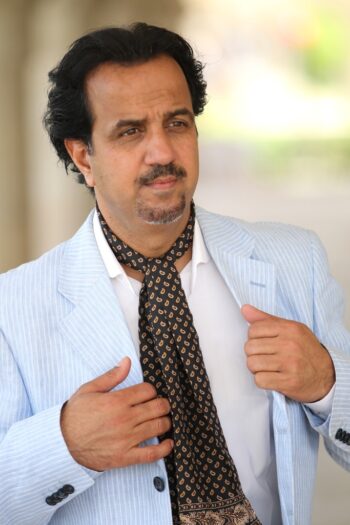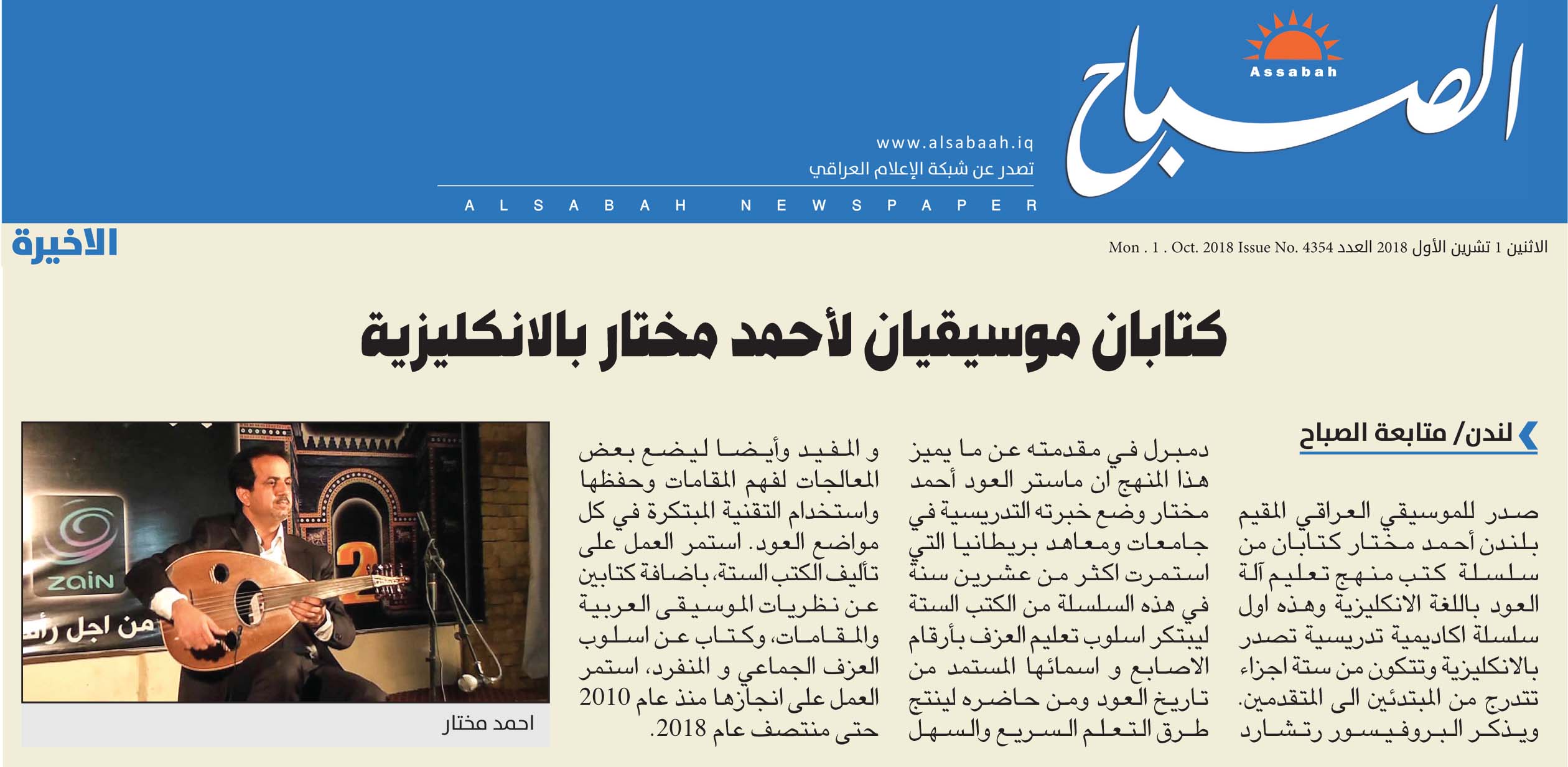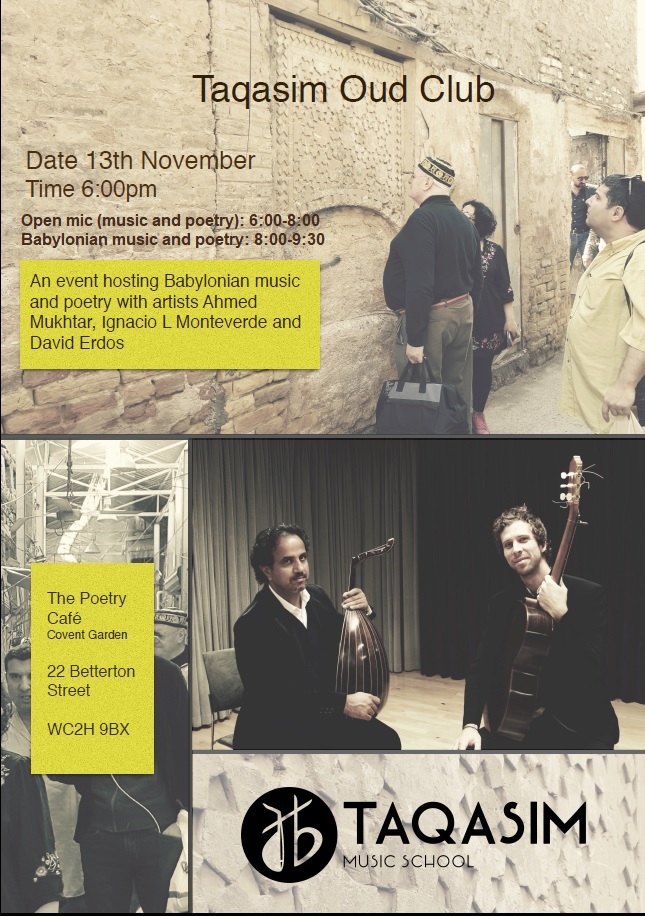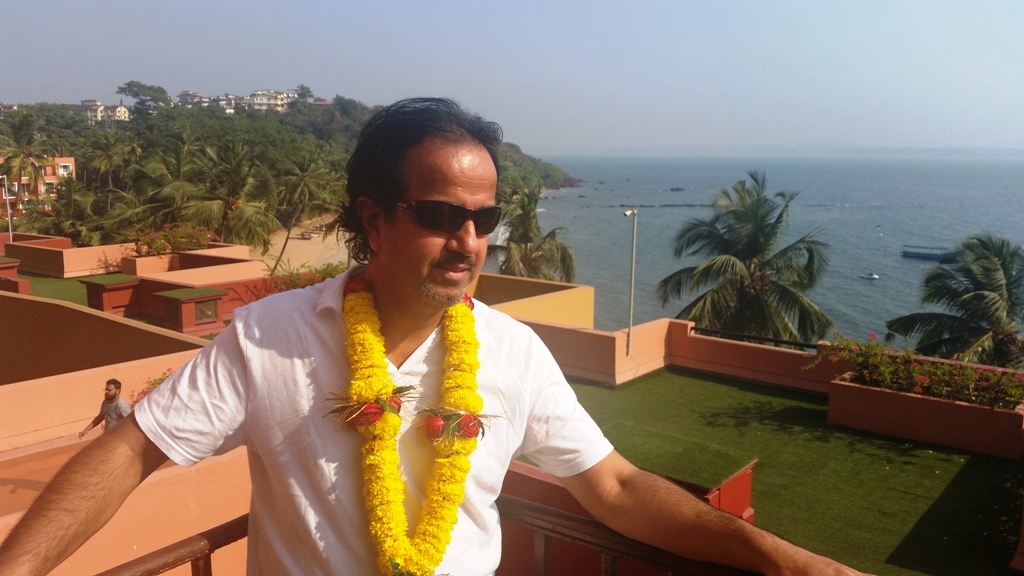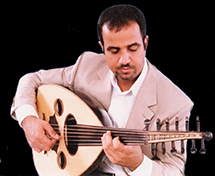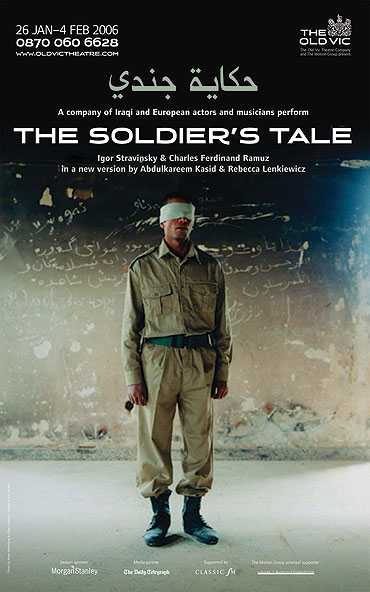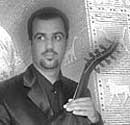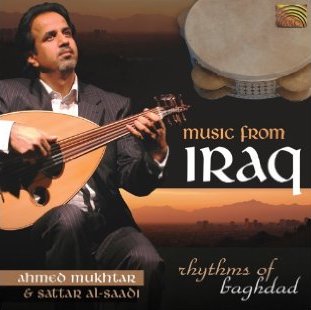__________________________________________________________________
~Michael Church | The Independent~
~Al-Hayat Newspaper~
~People Sound~
_____________________________
 The Iraqi Oud in the British Museum – Albukhary Gallery Openning
The Iraqi Oud in the British Museum – Albukhary Gallery Openning
العود العراقي في المتحف البريطاني – معرض البخاري
العود العراقي يدخل ضمن مقتنيات المتحف البريطاني – ايلاف
المقالة في اللغة العربية –> click here
The Iraqi Oud has been chosen as one of the artifacts to be displayed in the new permanent exhibition.
Article in English –> click here
___________________________________________________________________
 Borderless Leominster Community Centre, Leominster, Herefordshire
Borderless Leominster Community Centre, Leominster, Herefordshire
The Jazz Mann – 9th October 2018
Concert Review by Ian Mann
click here
___________________________________________________________________
___________________________________________________________________
___________________________________________________________________
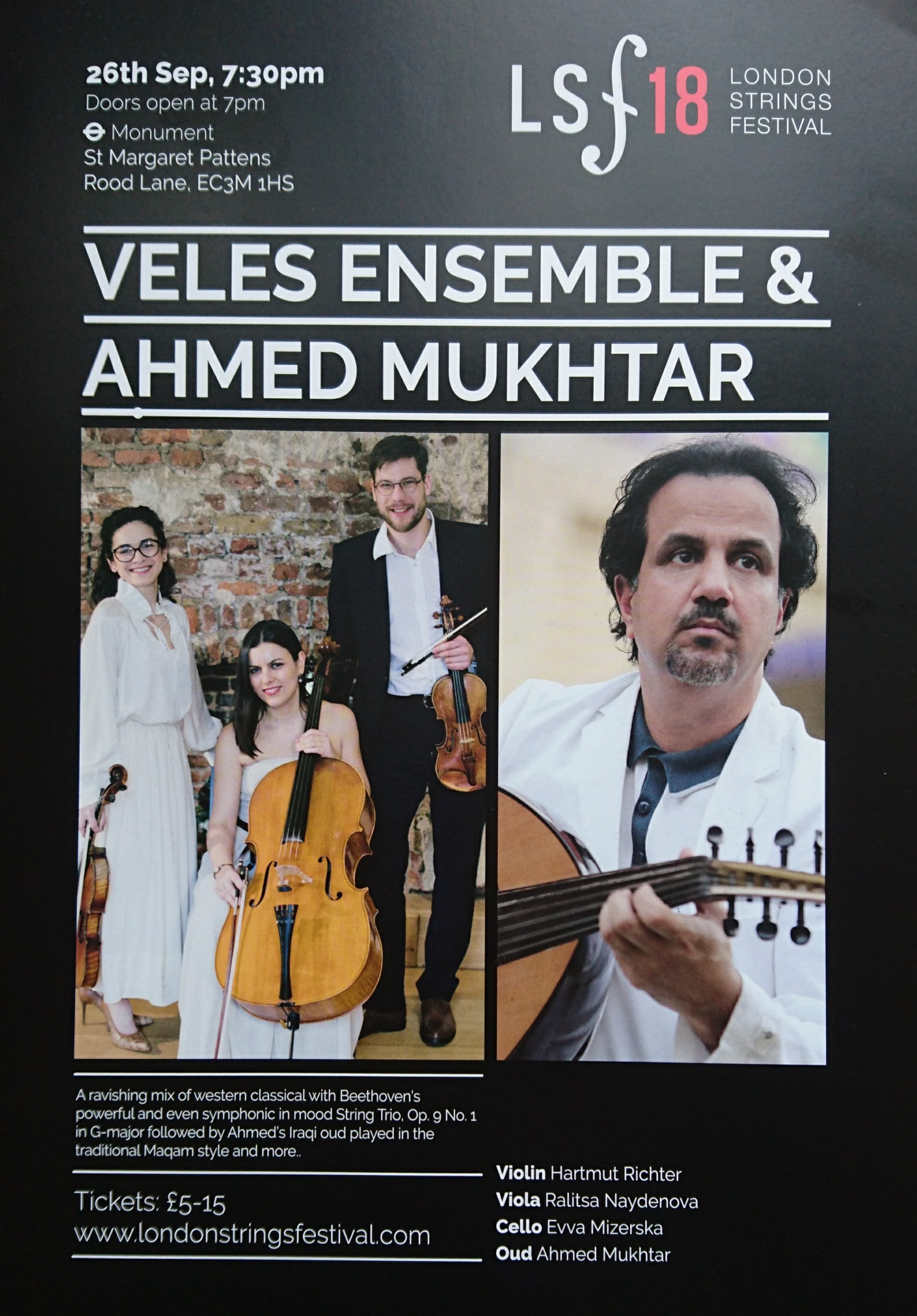 Oud and Strings – A Meeting Point for East and West
Oud and Strings – A Meeting Point for East and West
London Strings Festival, Concert Review – 26th September 2018
Concert Review by Ruba Hillawi
click here
___________________________________________________________________
 “Music Heals the Soul” – Interview with Iraqi Oud Master, Ahmed Mukhtar
“Music Heals the Soul” – Interview with Iraqi Oud Master, Ahmed Mukhtar
FRRME COMMS – 4th September 2018
Interview by Alex Wentworth
click here
photo credit: Colin Bailey
___________________________________________________________________
اصابع بابلية في لندن
Babylonian Fingers in London
جريدة الصباح – عراق
Assabah Newspaper, Iraq
click here
___________________________________________________________________
Ahmed Mukhtar and Oud: Communicating Experiences
Serenada Magazine, Goa, India – 2nd April 2017
Interview by Sebanti Chatterjee
click here
___________________________________________________________________
“Iraqi Music with No Frills”
Songlines, July 2015
Written by Bill Badley
There’s something reassuring about putting on a CD called Music from Iraq and it sounding just like that – music from that great centre of Arab culture. Oud (lute) master Ahmed Mukhtar is one of the most prominent Iraqi-born musicians working in the UK today and he has devoted himself to preserving the musical heritage of his homeland. While Mukhtar composed most of the instrumental tracks on this album, they really do evoke the poise and soulfulness of authentic Iraqi classical music.
His oud technique is remarkably precise and perfectly supported by the small ensemble, particularly Hassan Hassan’s restrained percussion playing. One of two titles may not bode well but are actually very successful: ‘Blues of the Oud’ is a rather ingenious piece that uses a traditional Iraqi maqam (mode) that hints at the blues scale. It does sound a little bit like the ‘Pink Panther’ theme slinking along the Euphrates, but in a very endearing and successful way.
___________________________________________________________________
Ahmed Mukhtar: Babylonian Fingers (Arc Music)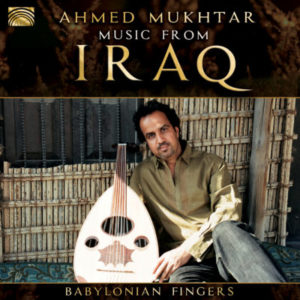
Elsewhere Magazine, New Zealand – 26 June 2015
Written by Graham Reid
click here
___________________________________________________________________
Written by Susannah Tarbush
___________________________________________________________________
Award for Excellence
___________________________________________________________________
___________________________________________________________________
Article by: Michael Church
click here
___________________________________________________________________


